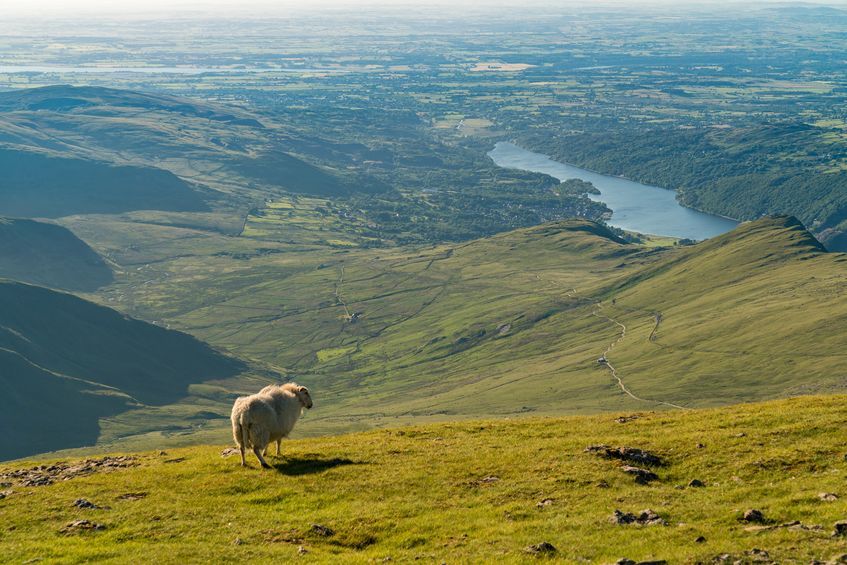Sensationalist coverage misses big picture on meat and environment, body warns

The recent EAT Lancet publication which calls on people to cut their meat intake paints a 'false picture' of the 'positive story' livestock farming plays.
The global diet must reduce red meat and sugar consumption by half and increase their intake of vegetables, fruits and pulses, according to the new report by EAT–Lancet Commission, published on 16 January.
The EAT–Lancet Commission, consisting of 37 experts in food, agricultural and health, addressed the need to feed a growing global population a healthy diet while also defining sustainable food systems that will minimise damage to the planet.
The Sustainable Food Trust, a UK charity advocating sustainable farming, criticised the report for its 'fundamental lack of agricultural understanding'.
And now Hybu Cig Cymru – Meat Promotion Wales (HCC), the voice of the Welsh red meat sector, has warned that such reports on food and the planet risk giving a 'false picture' of the choices facing the planet, and 'obscuring the positive story of sustainability' that Welsh red meat has to tell.
The release of such reports has triggered the red meat industry to push the nutritional and environmental credentials of meat in a bid to stop “sensationalist and misleading fake news”.
'The Welsh way'
The organisation said that global figures on the impact of meat production ignore the reality on the ground in Wales, where 89% of the agricultural land is grassland and sheep, cattle and pigs are overwhelmingly reared in non-intensive ways.
HCC Chairman, Kevin Roberts said: “The EAT Lancet report says we need to consider the environmental consequences of feeding 10 billion people worldwide. But in thinking what this means practically, we have to consider several important factors.
“Industry, transport and current methods of producing energy contribute far more harm to the environment than agriculture. Also, not all agricultural systems are the same.
“Producing food the ‘Welsh Way’ – through low-intensity, grass-based husbandry – helps to capture carbon from the environment, demands very little grain-based feed, and consumes next to no water resources compared to many global systems that are cited as environmentally damaging.”
He added: “Health experts also warn against reducing meat consumption too far. Red meat is an excellent source of vital nutrients; we must have a balance and a common-sense approach.”
Nutrient deficiencies
Leading public health nutritionist Dr Zoë Harcombe has carried out an initial analysis of the impact of the EAT suggested diet, and found potential nutrient deficiencies.
She said: “Comparing a reference diet in the report with authoritative US diet recommendations, the EAT diet provides just 5% of vitamin D recommended, 17% of vitamin A (retinol) and just 55% of the calcium recommendation.
“There are also likely to be deficiencies in intakes of Omega-3, and nutrients that are found abundantly in red meat, such as haem iron and Vitamin B12.”
The report follows news that 95% of healthcare professionals who attended a major medical conference earlier this month recommended red meat as part of a healthy and balanced diet.
Indeed, recent research concluded that people who eat higher levels of red meat and cheese are more likely to live longer.








